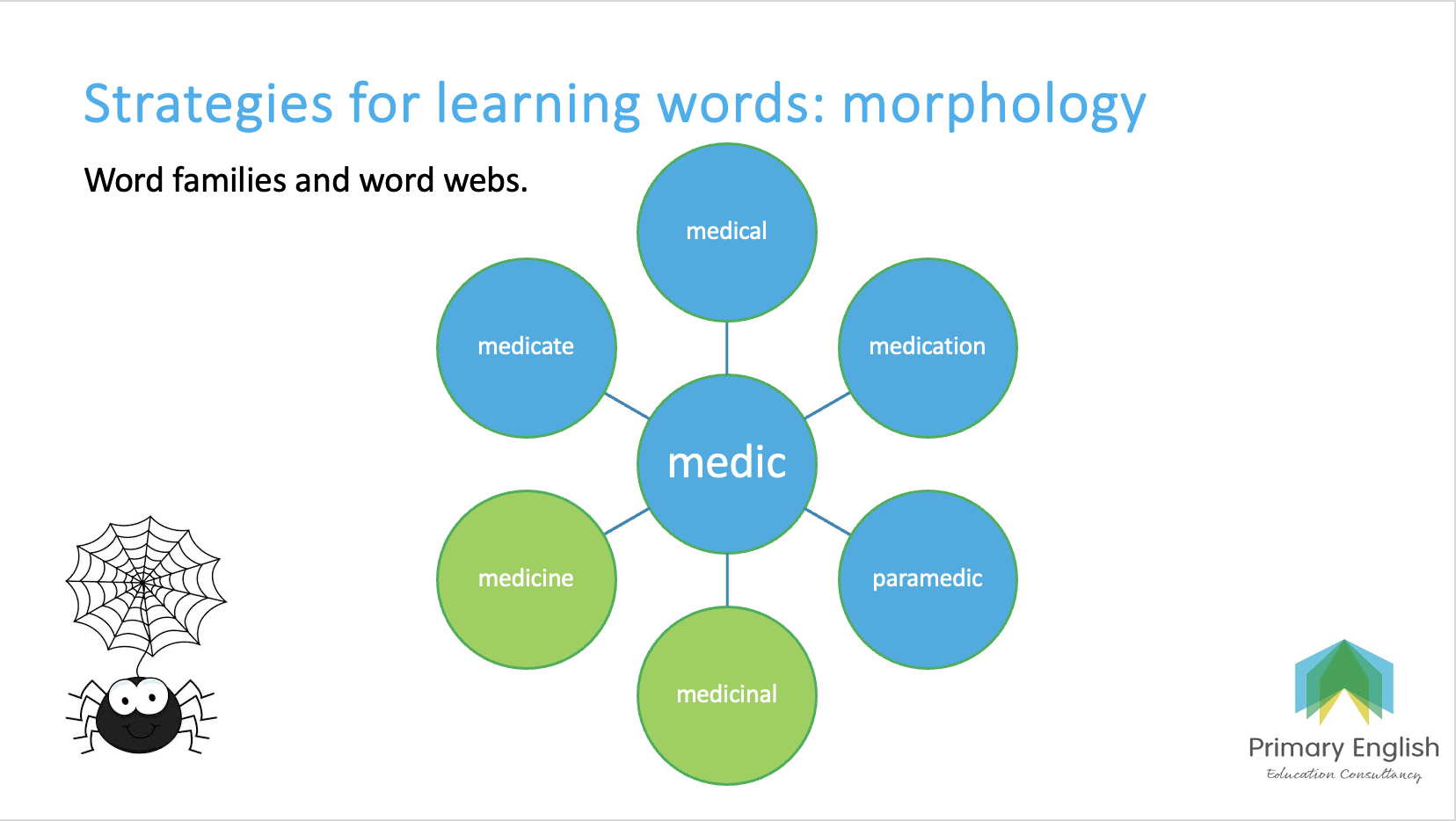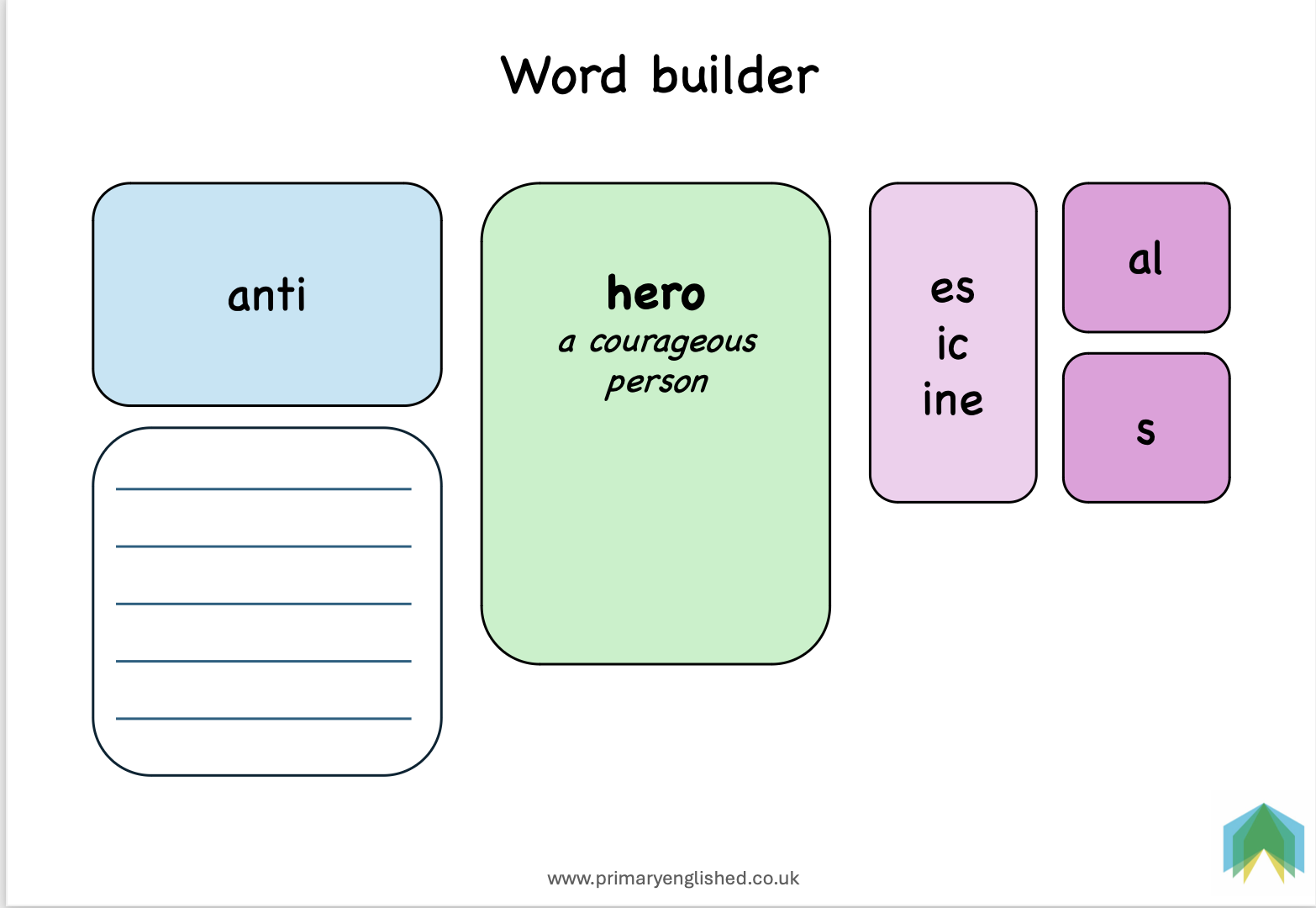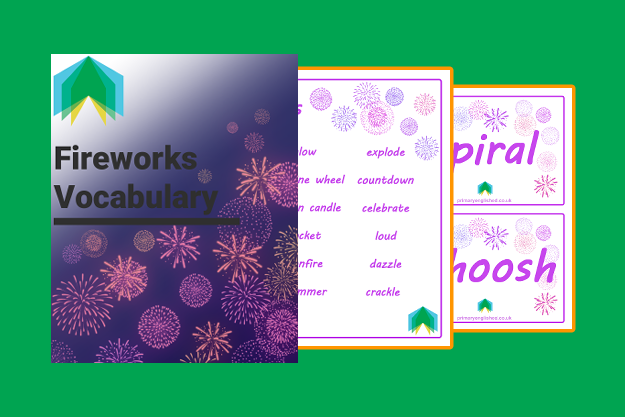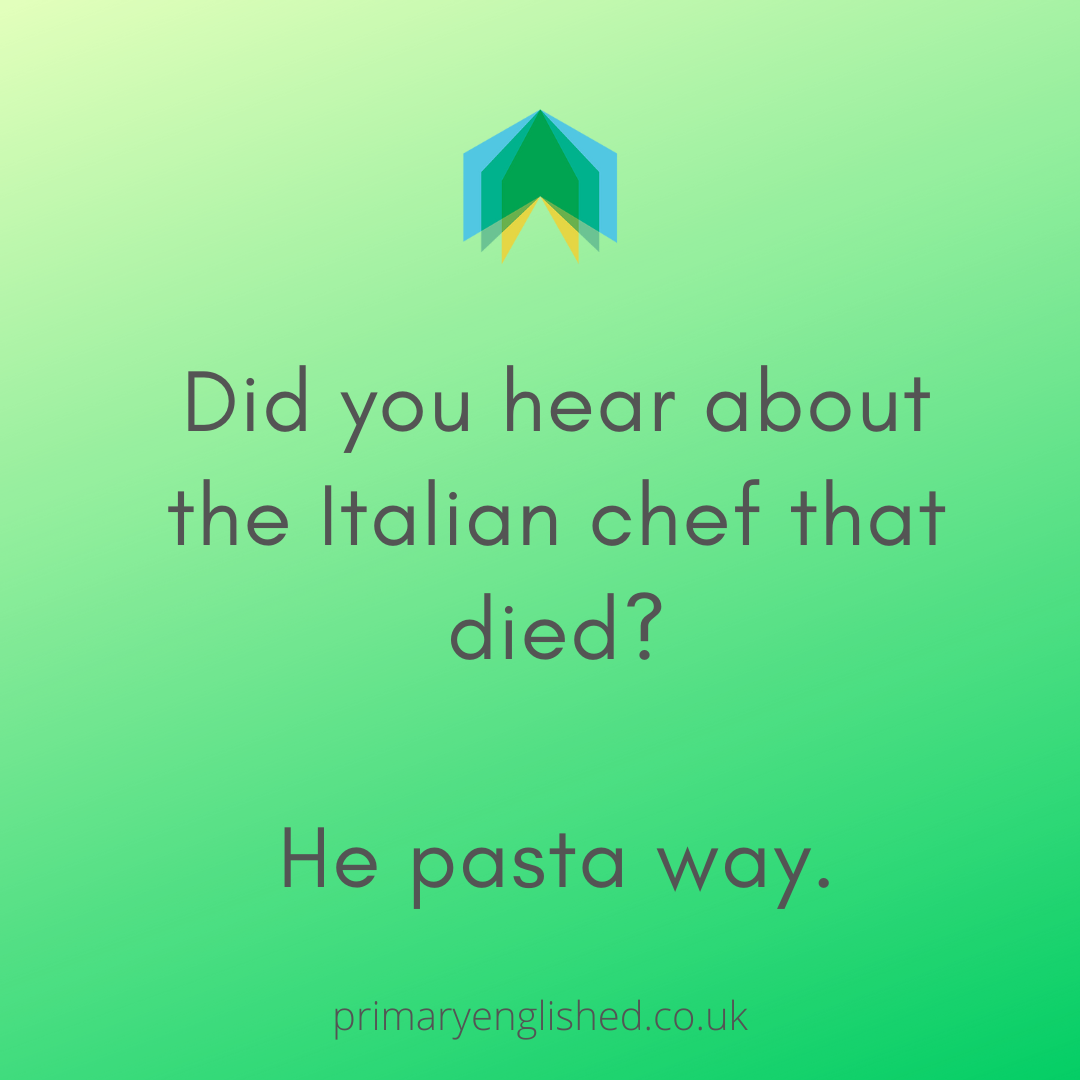Teaching vocabulary in reading lessons
Teaching vocabulary as part of reading lessons is a popular approach in many schools. After all, the texts we read with children exemplify how words are used in context, which is far more meaningful that learning words from a list that is unrelated to what is going on in the curriculum.
As part of these lessons children are frequently asked to find word meanings from dictionaries and then use the words in their own written sentences. Certainly, children need to know what words mean and dictionaries provide definitions. However, to ensure children maintain interest in word learning, it is worth considering other approaches to vocabulary building. With this in mind we’ve listed some techniques you may want to add to your vocabulary focussed reading lessons.
Definition matching
We’ve got two twists on this activity. Both can be done manipulatively by putting words and definitions onto cards or by creating worksheets.
Create a list of words and a list of definitions. Can children math the pairs? They should use dictionaries to help them make their matches and/or to check their work.
Provide a target word and a small range of possible definitions. Children select the definition from the choices provided.
To avoid this becoming a guessing game, it is better used when children have some prior experiences of the words selected rather than as an introductory activity. Both of these approaches to word matching can be followed by children creating oral or written sentences to demonstrate their understanding of the words in context.
Making links between words
Odd One Out
Provide children with several related words and an ‘odd one out’. They should spot the odd one out and explain why it doesn’t belong. There are many ways of exploring the links between words including similar meanings, categories and word families. Can you find the odd on out in each list below?
warm, cold, friendly, amiable, genial.
parsnip, potato, tomato, carrot, turnip.
happy, unhappy, happier, happiest, joyful.
(answers at the end of the post)
Word analogies
When talking about vocabulary, analogies are the links between words. Just as with Odd One Out, analogies can cover many different relationships between words. The fun (and learning) in this activity is about spotting the relationship between the words and then being able to describe the link.
Provide the children with a selection of words (this could be on the board, on a worksheet or cards for children who would benefit from tactile engagement) and ask them to find the pairs and identify the analogy. They should then write sentences that use the pairs they have found.
For example: teacher, patient, police officer, optician, children, citizens
Analogy: professionals and the people the help/care for
Pairs: teacher-children; police officer-citizens, optician-patients
Sentences that children may write could be:
A teacher teaches children.
An optician cares for their patients.
A police officer keeps citizens safe.
Dictogloss
For children in Upper Key Stage 2, Dictogloss is a great approach for getting them to think about spelling, grammar, vocabulary and punctuation. If you’ve not used it, it’s a twist on traditional dictation where children work collaboratively to recreate a dictated passage. Find out more about Dictogloss here.
Morphological investigations
Word Webs
When investigating the morphology of words, we are looking at morphemes (or units of meaning) such as root words, prefixes and suffixes, and also compound words.
Building family groups of words not only expands vocabulary but also improves spelling. This word web example shows how words using the morpheme medic are related, but also that whether the c in medic is pronounced with a hard or soft sound, the spelling remains the same.
Informed by the National Curriculum Spelling Year 3 & Year 4: medicine is related to medical so the /s/ sound is spelt as c.
Word Building Blocks
Building words with Word Building Blocks can be fun, and because children are provided with all the morphemes, they need to build words, is more scaffolded than the word web approach to morphology. This example is taken from our Arthur and the Golden Rope Starting Points set.
Word Building Blocks from Starting Points: Arthur and the Golden Rope
If you found this article interesting, you may want to look at some of our other posts about vocabulary..
Search our vocabulary resources for further classroom ideas.
Odd one out: answers
warm, cold, friendly, amiable, genial. (the odd one isn’t a synonym of friendly)
parsnip, potato, tomato, carrot, turnip. (the odd one out isn’t a root vegetable)
happy, unhappy, happier, happiest, joyful. (the odd one out doesn’t belong to the ‘happy’ family)













